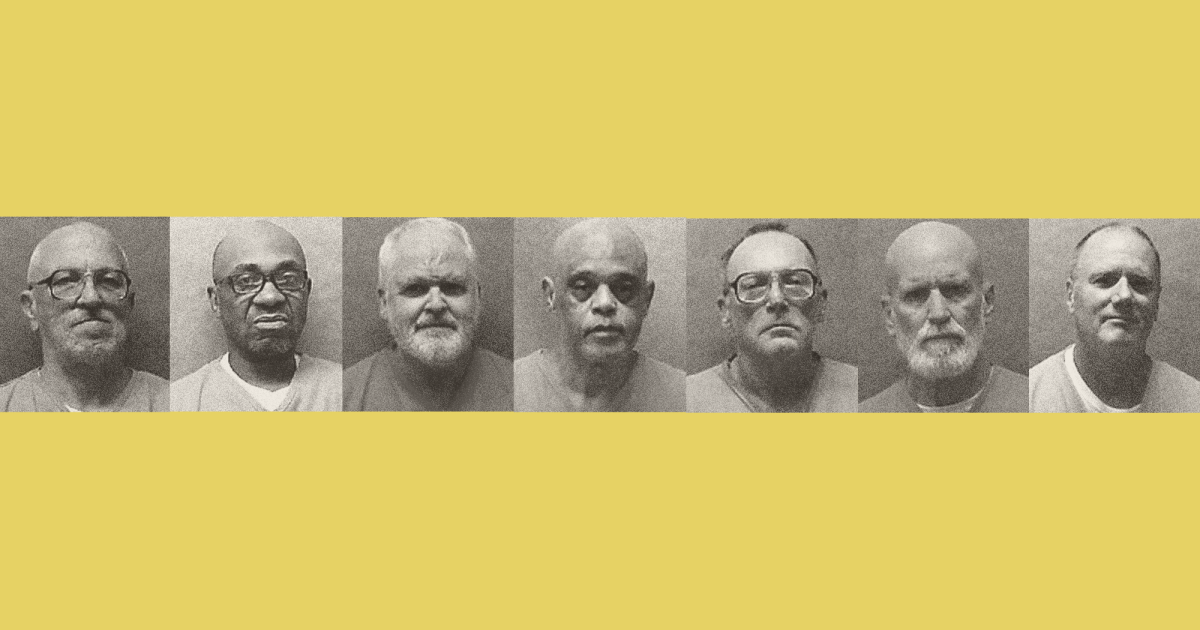The caravan of executions started with a US Army veteran in March.
It continued in May with a former Army Ranger who served in the Gulf War, then an Air Force veteran in July, a former National Guard member in August, and a Navy veteran in October.
This week, a former Marine, and next week, yet another Army veteran are scheduled to die in what Florida Gov. Ron DeSantis has called the “most veteran-friendly state in the nation.”
He’s the one who signed all seven of their death warrants. The governor wielding the executioner’s pen is a Navy veteran himself.
What does being a veteran have to do with any of this? Either the state should be killing people or not, their veteran status shouldn’t really be a factor in that decision.
I do have to second this… 4 levels of debate are valid on this.
Should executions be happening period.
if they should, did these people do crimes that should justify the use.
Are we really 100% beyond any remote feasible chance that they are guilty?
Agreed you and me are on board that taking it off at the first question is where it should be. But I also agree, the veteran status of the govorner or the people doesn’t really give me any change to the view, nor do I comprehend how it should.
What do we think is going to be policy of a proud Gitmo guard?
No, it shouldn’t. Just what they did.
Military service should not excuse capital crimes.
The state shouldn’t have the right to execute anyone.
There are often important circumstances DuhSantis seems to be ignoring.
While death penalty opponents and tough-on-crime hard-liners clash over the moral arguments and political motivations of DeSantis’ historic urgency, another debate is suddenly raging: Should an inmate’s military service matter when a judge, jury, or governor decides who deserves the ultimate punishment for society’s most heinous crimes?
The U.S. Supreme Court weighed in on that question 16 years ago in a case out of—none other than—Florida. The justices overturned the death sentence of Gregory Porter, a decorated Korean War veteran convicted of killing his former girlfriend and her boyfriend, because his attorney had presented no evidence about the combat that left him “a traumatized, changed man.”
About one-fifth of those veterans served in a major conflict, with the largest group—106 veterans—from the Vietnam War. About 40% of those Vietnam veterans had a known diagnosis of post-traumatic stress disorder and many had been exposed to Agent Orange, the report found.



